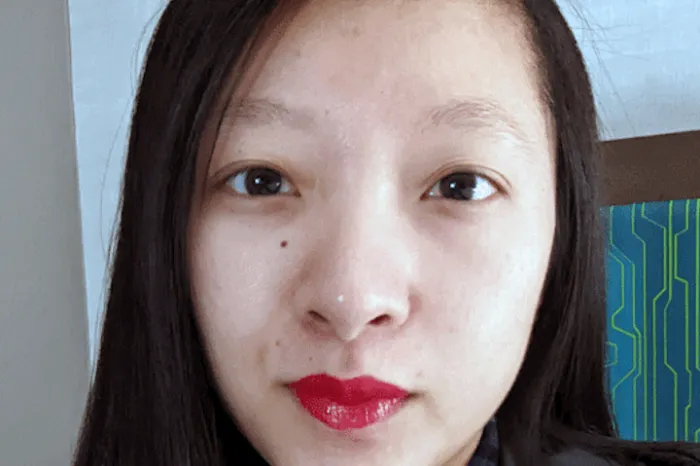
When Carly Matheny ’18 chose to major in History and minor in Religion at Marietta College, some questioned her path. However, Matheny’s liberal arts education prepared her with the critical thinking skills to adapt and thrive in an unexpected career field after graduation.
Despite not having a specific career goal in mind when starting college, Matheny immersed herself in coursework that truly interested her.
“I knew I wanted to learn as much as possible,” said Matheny, a regular on the Dean’s List. “I sort of fell into History and Religion by taking classes that would interest me the most while also filling out my required courses.”
After leaving her first job to pursue new opportunities, Matheny faced the challenge of searching for a full-time job during a global pandemic. She secured a position in the warehouse at Dimex (now Westlake Dimex Manufacturing) in Marietta, scheduling shipments. In this role, her critical thinking abilities caught the attention of leadership.
“The company is big on promoting from within,” Matheny explained. “One day while working, I was approached by someone from human resources and asked to interview for a position in accounting.” Though she lacked direct experience in that field, Matheny’s well-rounded education gave her an edge.
“When they asked me about accounting experience, I didn’t have much to offer,” she said. “However, I started explaining how my Marietta education taught me to research topics thoroughly to be as prepared as possible. That seemed to interest them.”
Matheny was hired for the accounting role and has worked in the accounting department for over a year, deftly applying her problem-solving skills to learn new competencies. “We shouldn’t underestimate the value of critical thinking,” she said. “That’s what Marietta College helped me understand – how to critically review information to make informed decisions.”
As the first in her family to earn a bachelor’s degree, Matheny’s success underscores the continuing relevance of a multidisciplinary liberal arts curriculum.
“I may not know everything today, but I know how to think and learn new skills,” she said. “My well-rounded education helped me understand you can’t be afraid to explore opportunities, even if you don't check every box initially.”
Marietta College has a long tradition of providing students with the breadth of knowledge and intellectual capabilities to adapt to an ever-changing workforce. Graduates like Matheny demonstrate the timeless value of this approach in fostering lifelong learners positioned for fulfillment across diverse career paths.
The open position was in the accounting department and Matheny admits she needed more experience in the subject.
“It was a little nerve-wracking, and when they asked me about experience in accounting, I didn’t have much to offer,” she said. “However, the questions moved on to what I did in college and what type of projects I did at Marietta. I started explaining how I would research a topic and how I liked learning as much about the topic so I could be as prepared as possible. That seemed to interest them. They needed someone to dig into the paperwork, which I can do.”
Recently, Dr. David Torbett, Israel Ward Andrews Professor of Religion, asked Matheny to share her thoughts on the impact of the liberal arts on her personally and professionally. She wrote an essay that makes a persuasive case for basing an education in the liberal arts.
“Carly was always determined to make the most of her liberal arts education and the close student-teacher relationships we offer at Marietta College. Not only did she take a wide range of classes, but she also made connections between classes,” Torbett said. “At Marietta College and in her life after graduation, Carly has demonstrated what we in the History and Religion Department are always telling our students — that a liberal arts education matters, that it teaches the critical and integrative thinking that will be important in their careers and in their lives as citizens and human beings. Also, as Carly has shown, these skills are very practical. Smart employers recognize them and reward them.”